UNF’s LGBT Resource Center reacts to Trump’s restrictions on transgender people serving in the military
July 26, 2017
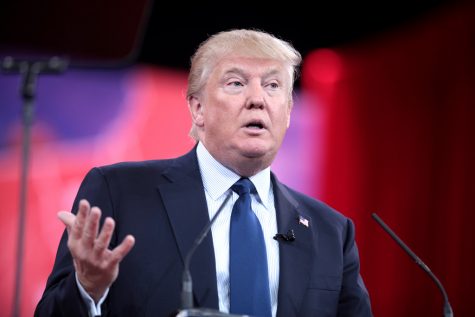
The President announced on July 26 that transgender people will no longer be able to “serve in any capacity in the U.S. Military.”
After consultation with my Generals and military experts, please be advised that the United States Government will not accept or allow……
— Donald J. Trump (@realDonaldTrump) July 26, 2017
….Transgender individuals to serve in any capacity in the U.S. Military. Our military must be focused on decisive and overwhelming…..
— Donald J. Trump (@realDonaldTrump) July 26, 2017
….victory and cannot be burdened with the tremendous medical costs and disruption that transgender in the military would entail. Thank you
— Donald J. Trump (@realDonaldTrump) July 26, 2017
This decision came after President Donald Trump claimed there are “tremendous medical costs” associated with employing transgender individuals.
Kaitlin Legg, the director of UNF’s LGBT Resource Center, stated what some of those medical cost could include.

“The military would be covering things such as health care,” Legg said. “Things like hormone replacement therapy and gender affirming surgery and care.”
Legg disagrees with the president’s decision and feels people should be able to serve no matter what their gender is.
“I was really disappointed to hear about the news that transgender individuals will be banned from serving in the military,” Legg said. “Right now we know that thousands of people are serving openly as transgender or they aren’t out, but they are putting their lives on the line for our country.”
Up to 7,000 trans people are employed by the military, according to a Rand Corp. study, making them the largest employer of trans individuals.
Some UNF students also disagree with the president. Lyndsey Graham, a junior in biomedical sciences, said his decision is not in the best interest of the country.
“That’s negating any progress we’ve made in social justice movements, I think it’s setting a really bad example for future generation,” Graham said. “This might make people feel even more uncomfortable in their own skin. It just says a lot about the state that our union is in.”
Under the Obama administration, people were able to be openly transgender in the military.
Christopher Boykin, a freshman in mechanical engineering, said that he felt that an one’s gender identity doesn’t determine anything about their athletic, physical or mental capabilities, and that this decision by the Trump administration should be considered a negative development.
It is unclear what will happen to transgender people who are currently serving in the military.
—
For more information or news tips, or if you see an error in this story or have any compliments or concerns, contact [email protected].


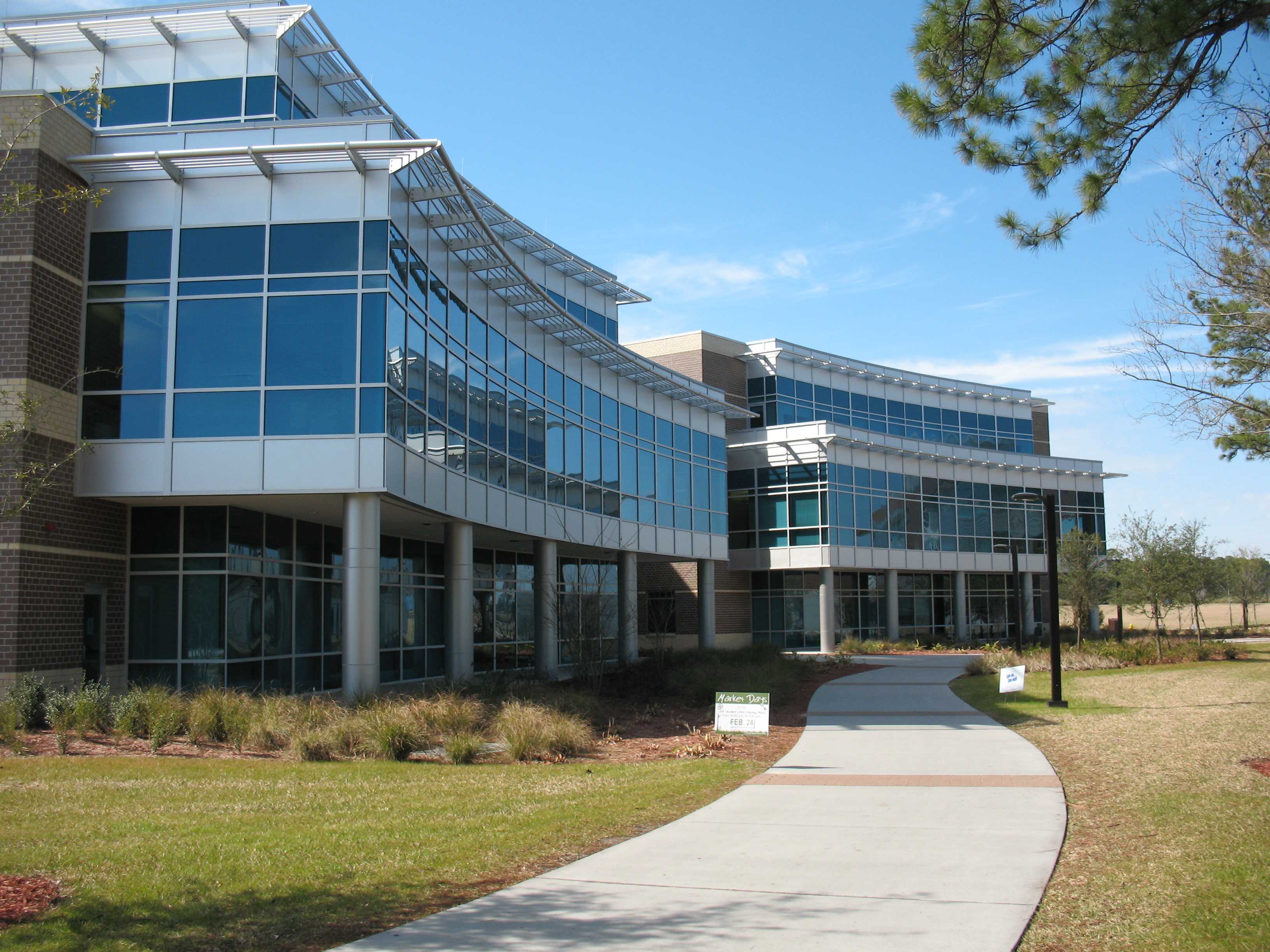
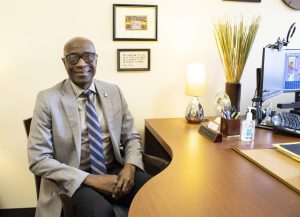
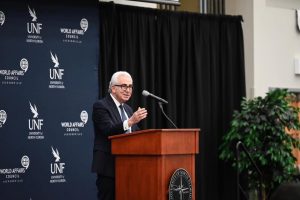





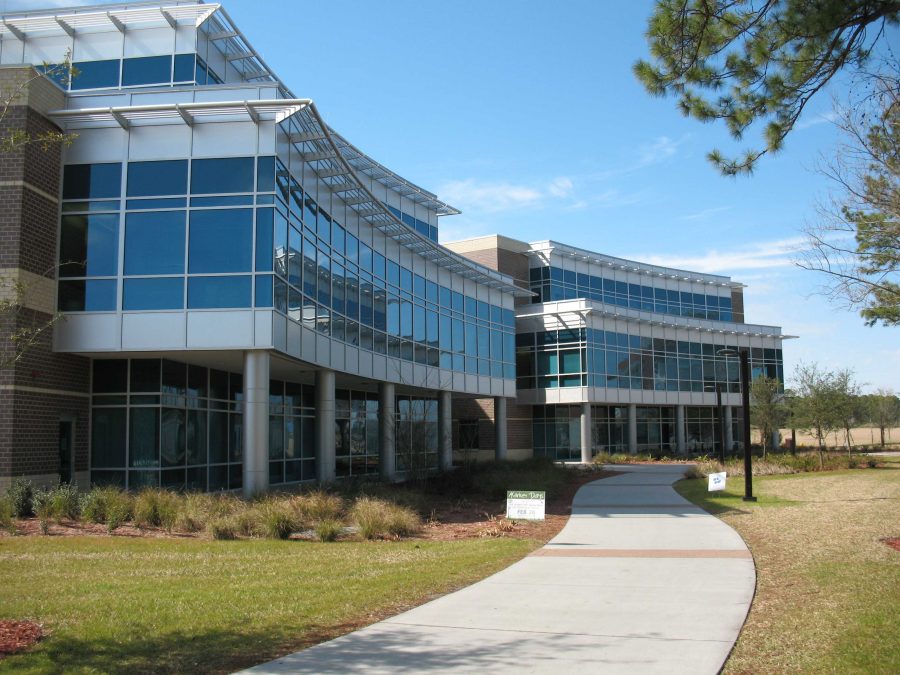
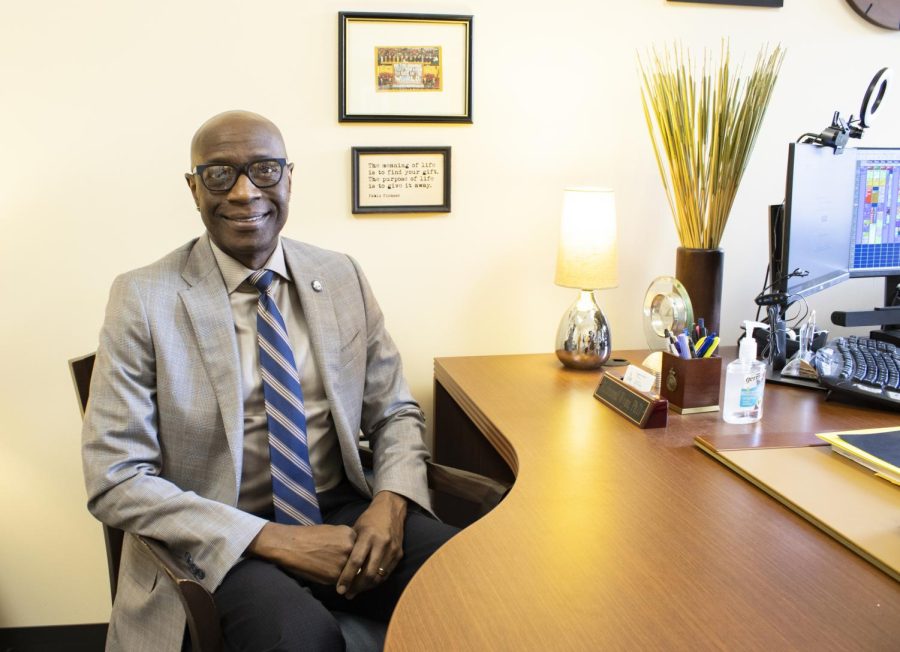



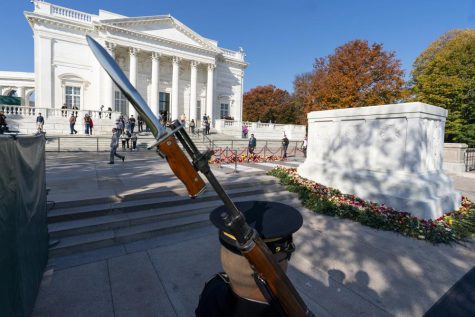
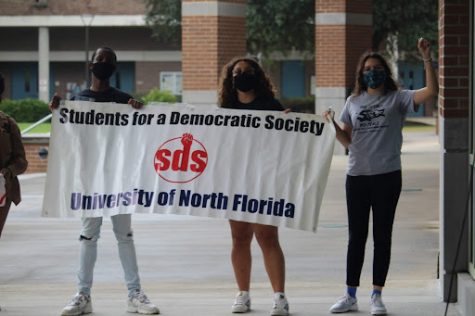
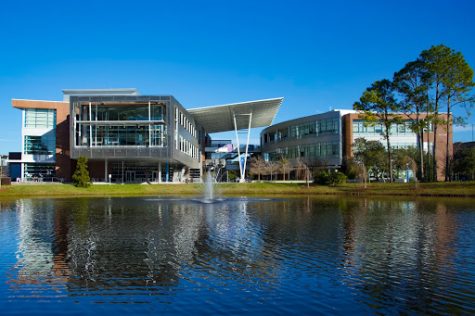




JT • Oct 26, 2017 at 11:08 am
Oh look…it’s the KKK guy. Your opinions are worth a lot. Lol.
As usual, you guys love to make up “alternative facts” to suit your agenda. Hate to break it to you, though…this is a college newspaper read by college-educated people who, present company excluded, are too intelligent to fall for your nonsense. So you are just wasting your time. I’m not even going to bother going point-by-point to dismantle your argument because you believe what you want to believe anyway, and anyone else with a third grade education can go find out the truth for themselves instead of listening to Nazi propaganda.
https://thetab.com/us/2017/10/25/so-it-turns-out-the-grand-dragon-of-the-kkk-is-in-my-history-class-73177
Ken Parker • Jul 27, 2017 at 11:59 pm
Leave it up to Spinnaker to interview a bunch of libtarded snowflakes. Let me ask you a question, how many of the people in this article who were interviewed, have ever served our country? Trannies join the military for the shortest enlistment possible, for the sole reason of “gender reassignment” surgery, AKA genital mutilation, which can cost upwards of $1,000,000. What benefit are the tax payers receiving for allowing this to happen? Nothing, because the freaks that want to destroy their genitals, for the most part, are unwilling to take on roles in the military that would put them in harm’s way. They only join for Tricare and their genital mutilation surgery. People think that Trump dramatically changed this policy, yet in reality, Obama is the one who did this. As a vet who joined in 1999, under Slick Willy, who by the way, enacted the “DADT” policy, I can say that there is no room for these creatures in the worlds premier fighting force. I would not want to depend on anyone who can’t even figure out what gender they are, who knows, they may wake up one day and identify with a coffee pot and refuse to fufill their military obligation.
L. Cole • Aug 3, 2017 at 4:58 pm
Hi Ken,
Transgender people already are serving in the military and doing it well. One example is Kristin Beck, a trans woman who also was a Navy SEAL: http://www.washingtontimes.com/news/2017/jul/26/kristin-beck-transgender-former-seal-team-6-member/
Will • Oct 26, 2017 at 10:10 am
Except the military doesn’t cover those surgeries as of yet. The best they get is hormone replacement therapy. Plenty of people join to get school benefits with the shortest enlistments. How is that different? Have you ever served? I have. And soldiers only care if you got their backs…Not what you have beneath your pants.